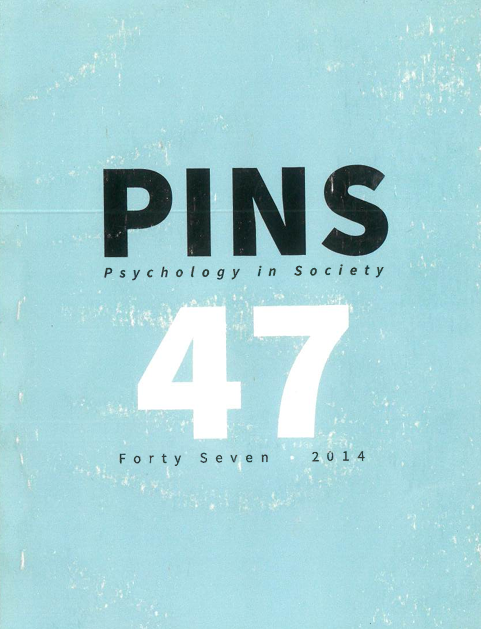The uncanniness of ageing
DOI:
https://doi.org/10.17159/2309-8708/2014/n47a4Abstract
The study of ageing and old age is not a topic that is commonly pursued in psychological and social studies. The general disparagement of the aged seems also to have affected the academy. However, the appearance of Lynne Segal’s Out of time: The pleasures and perils of ageing in 2013, is in part an attempt to contribute to serious scholarship in the neglected area of “Age studies”. Her text is simultaneously a memoir of a life-long feminist activist and intellectual, as well as a meticulous study of ageing. This review article highlights some of the many issues raised by Segal in the lives of old people: the persistently negative views towards old people; the conflict between the generations; the waning of desire in the aged; the uncanniness of ageing, and death; and the importance of relationships, and living actively and imaginatively in old age.
Downloads
Downloads
Published
How to Cite
Issue
Section
License
This journal is an open access journal, and the authors' and journal should be properly acknowledged, when works are cited.
Authors may use the publishers version for teaching purposes, in books, theses, dissertations, conferences and conference papers.
A copy of the authors’ publishers version may also be hosted on the following websites:
- Non-commercial personal homepage or blog.
- Institutional webpage.
- Authors Institutional Repository.
The following notice should accompany such a posting on the website: “This is an electronic version of an article published in PINS, Volume XXX, number XXX, pages XXX–XXX”, DOI. Authors should also supply a hyperlink to the original paper or indicate where the original paper (http://www.journals.ac.za/index.php/pins) may be found.
Authors publishers version, affiliated with the Stellenbosch University will be automatically deposited in the University’s’ Institutional Repository SUNScholar.
Articles as a whole, may not be re-published with another journal.
The copyright of the article(s) lies with the author(s).
The copyright of the journal lies with PINS-psychology in Society.
The following license applies:
Attribution CC BY-NC-ND 4.0 - https://creativecommons.org/licenses/by-nc-nd/4.0/

